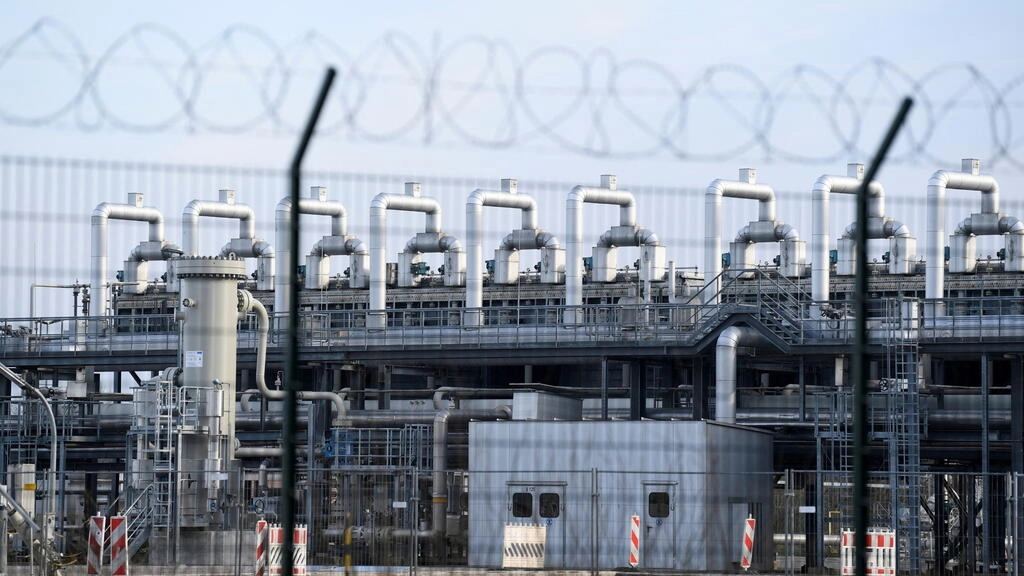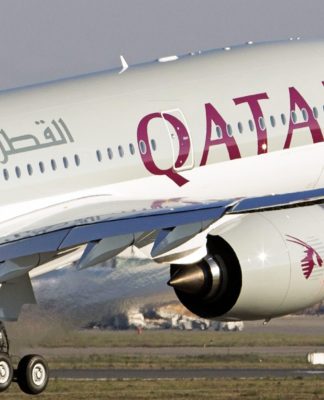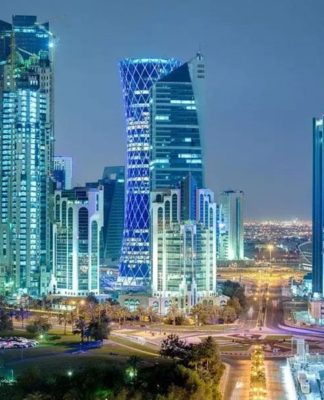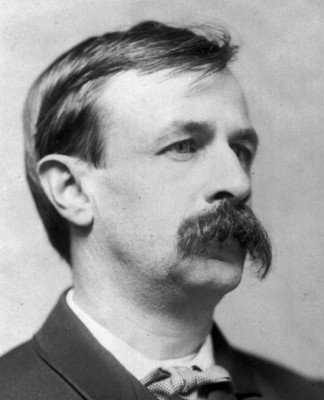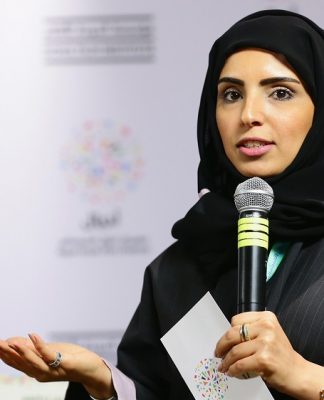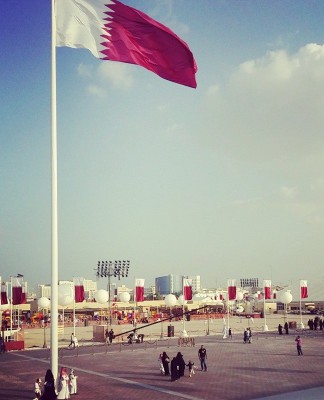EUROPEAN UNION
France sends gas to Germany, another step towards energy solidarity
Issued on: 20/10/2022 – 17:20
The Astora natural gas depot, which is the largest natural gas storage in Western Europe, is pictured in Rehden, Germany, March 16, 2022. Astora is part of the Gazprom Germania Group.
The Astora natural gas depot, which is the largest natural gas storage in Western Europe, is pictured in Rehden, Germany, March 16, 2022. Astora is part of the Gazprom Germania Group. © Fabien Bimmer, Reuters
Text by:
Cyrielle CABOT
5 min
Faced with a complete cut off of Russian gas supplies, European countries are relying on each other to get through the upcoming winter. In the case of France, the country has agreed to deliver gas to Germany in exchange for electricity. FRANCE 24 weighs up the stakes of this unprecedented agreement.
France has been delivering gas to Germany since October 13. In return, Berlin has undertaken to supply it with more electricity to compensate for its flagging nuclear production. The unprecedented agreement between the two countries, which was signed at the beginning of September by French President Emmanuel Macron and the German Chancellor Olaf Scholz, was presented as both a concrete step and symbol of the “energy solidarity” at work in Europe to overcome a winter without Russian energy.
Energy exchanges are already commonplace within the European Union, thanks to a densely interconnected network. So how does this system work? And, does this new agreement between France and Germany mark a turning point in European energy cooperation?
European countries linked by a densely interconnected network
At 11am on October 19, France imported around 2,000 megawatts of electricity from England, 2,200 from Belgium and 1,000 from Spain. It also exported 1,600 megawatts to Switzerland and 1,400 megawatts to northern Italy, according to the Electricity Maps website, which tracks electricity flows in real time. At the same time, Germany exported nearly 2,000 megawatts to Switzerland and received 477 megawatts from Austria. Gas flowed simultaneously between France, Belgium, Germany, Switzerland and Spain.
Every day, European countries use the interconnected network –which consists of “energy transmission lines that cross or span the borders of European states and link national networks together”, as defined by the French Energy Regulation Commission (CRE) – to exchange gas and electricity. In concrete terms, more than 400 cables connect European countries to one another to form a huge electricity network.
“This system, which has been evolving continuously since the end of the 1990s, allows European countries to exchange energy according to their needs,” says Nicolas Berghmans, the lead European affairs, energy and climate expert at the Institute for Sustainable Development and International Relations (IDDRI). For instance, France uses less electricity in summer than in winter, unlike Italy, where air conditioning use is more widespread. In summer, France exports a large amount of its electricity production to its Italian neighbour and the trend reverses as soon as the cold weather returns.
“This is essential for electricity because it is very difficult to store,” says Berghmans. “Thanks to this interconnected network, France can sell its additional production abroad while avoiding power cuts during the winter.”
Although gas is much easier to store, the EU’s consumption is totally dependent on a handful of countries – besides Russia, the main ones are Norway, Algeria, Qatar and the US. In 2019, gas accounted for 21% of final energy consumption, but 90% of this was dependent on external supplies. “This interconnected network is therefore essential as it brings gas through all of the EU,” summarises the specialist.
Trends are reversing due to the war in Ukraine
In this context, the Franco-German October 13 agreement plainly indicates that the war in Ukraine has caused a reshuffling of the cards. “It is indicative of a reversal of the dynamics,” says Berghmans. “Until then, gas travelled mainly from east to west. It came from Russia, went through Eastern Europe to the West. When the Russian tap closed, we had to look elsewhere, especially to Algeria and Norway. So gas now travels more from west to east.”
And Germany, which is highly dependent on Russian gas, has been particularly affected by this change in dynamics, unlike France. “Paris also benefits from liquefied natural gas from Norway, Algeria and the US. This has enabled it to build up its stocks for the winter,” adds Berghmans. “We are thus in an unprecedented situation where France has more gas than Germany.”
On the other hand, although France mainly exported electricity in 2021 – it delivered 87.1 terawatt-hours to its neighbours and imported only 44, according to the French electricity transmission network – it had to increase its import rate in 2022. This was because 26 out of its 56 nuclear reactors were shut down for maintenance. In 2020, nuclear power accounted for 67% of total electricity production in France and electrical energy was used to heat nearly 11 million primary residences.
Proof of a reversal in these trends was in the major work needed to adapt to this new situation, as the direction of the gas flowing from the pipeline in Moselle had to be reversed. Originally, it was designed to send gas to France.
Is the agreement between France and Germany a further step towards European energy solidarity?
Through this political agreement between Berlin and Paris, “we will contribute to European solidarity on gas and benefit from European solidarity on electricity in the weeks and months to come”, said Macron at the beginning of September. “But this European solidarity is nothing new,” says Berghmans. “In this difficult context, however, it is a reminder to the various states that they should not succumb to the temptation to defend their national interests but rather to cooperate.”
Daily newsletter
Receive essential international news every morning
Subscribe
“Especially since this agreement shows that it is a win-win system. Thanks to French gas exports, Germany will surely be able to keep its electricity production afloat throughout the winter. And so Paris can be sure of benefiting from this electricity supply. It’s a virtuous circle.”
Will energy solidarity be enough to avoid shortages across the EU this winter?
“At the moment, there is a lot of solidarity. So, in the short term, this system ensures that we can get through the winter without too many difficulties,” he says. “When it comes to gas, there are far fewer concerns than there were a few weeks ago because most countries have been able to build up sufficient stocks,” he says.
“France is still fearful when it comes to electricity, but this is mainly due to the social movement that has emerged in recent weeks. It is difficult to anticipate the consequences that this will have on restarting nuclear reactors,” the specialist continues. “There is a real uncertainty. If it delays their re-start, then it will affect our electricity production and there is a real risk of a shortage.”
“Once the winter is over, however, the 27 must work together to no longer be dependant on Russian gas and fossil fuels once and for all, by investing more, together, in renewable energy. Otherwise, even if we get through this winter safely, the next one will be just as uncertain,” he concludes.
This article was translated from the original in French.














